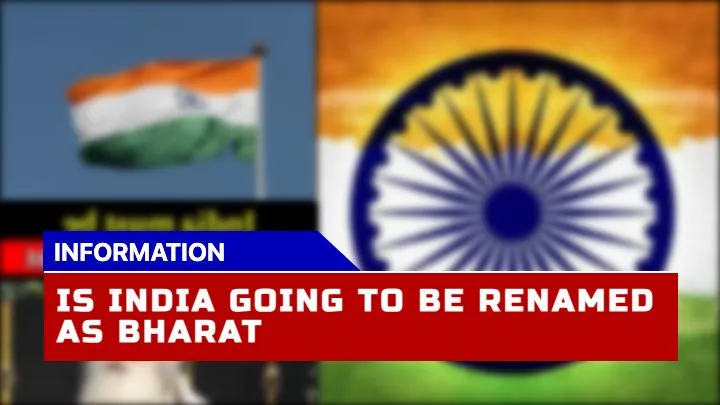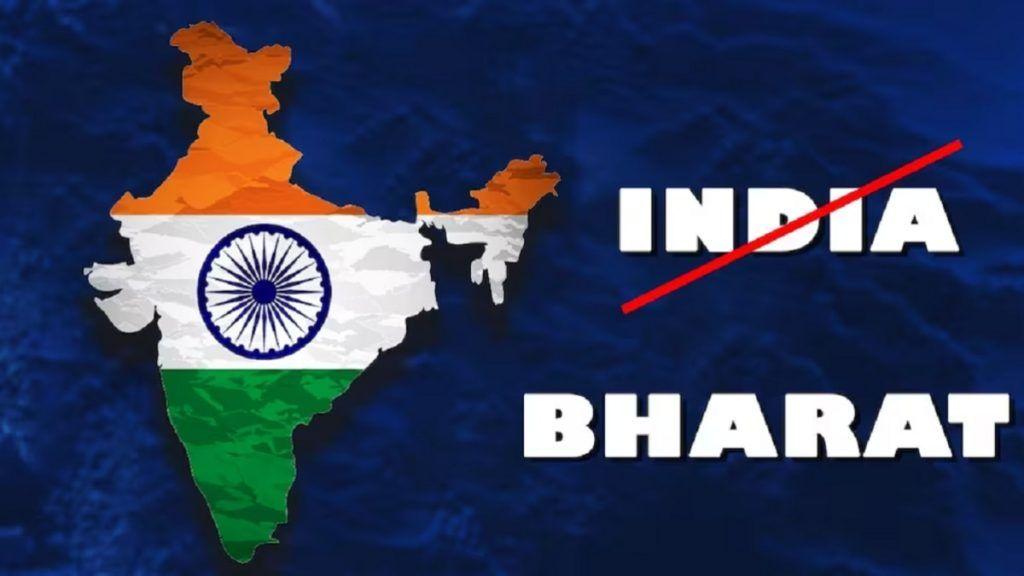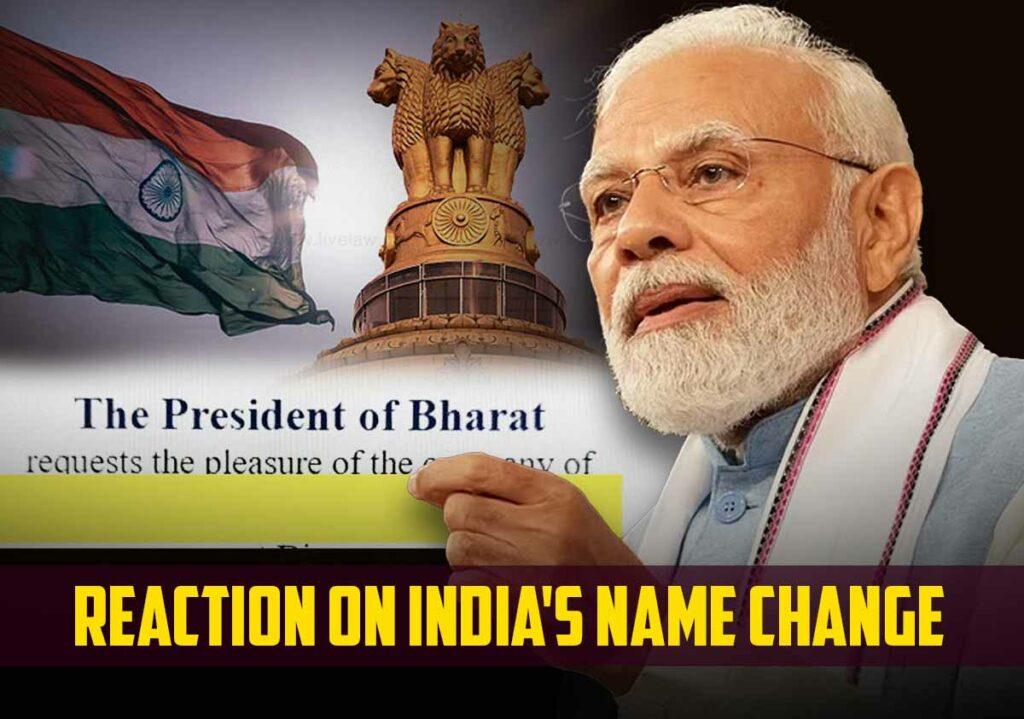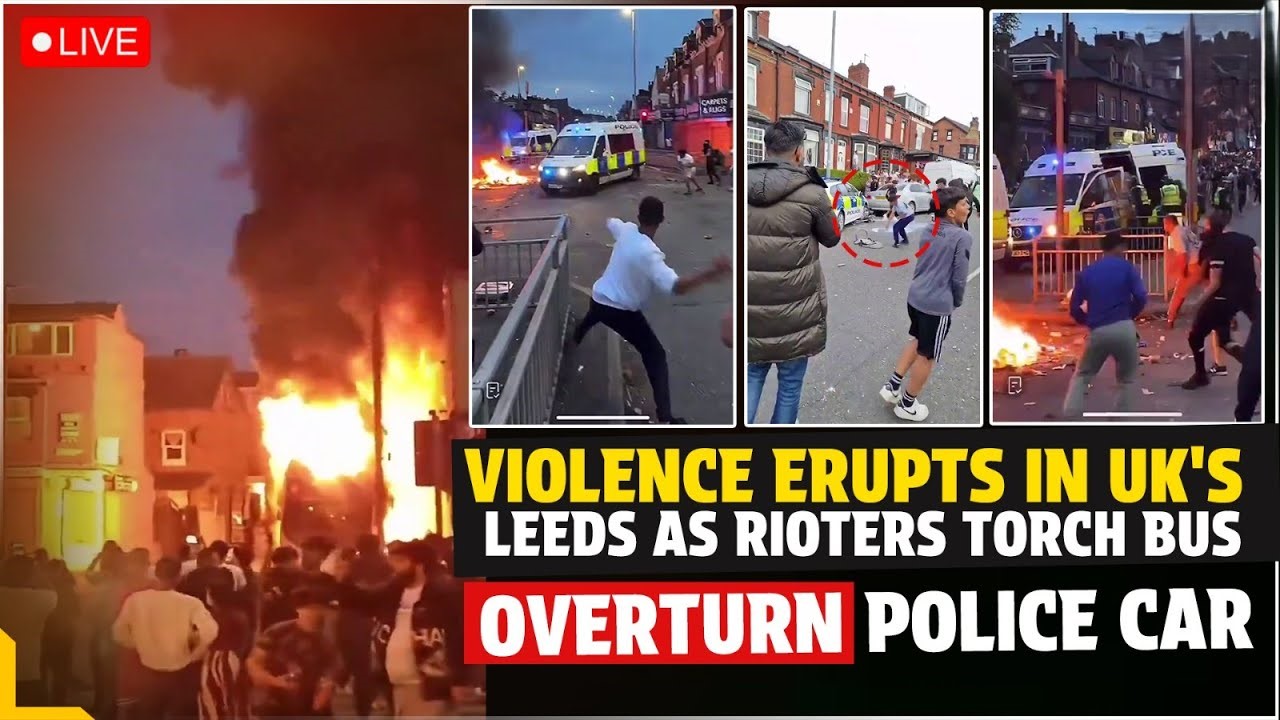
In preparations for this week’s Group of 20 summit, Prime Minister Narendra Modi’s government has made a noteworthy alteration to dinner invitations. The name “India” has been replaced with the Sanskrit word “Bharat,” reflecting the Hindu nationalist party’s agenda to eliminate colonial-era names.
The invitation sent to G20 attendees refers to Indian President Droupadi Murmu as the “President of Bharat” instead of the “President of India.” While India officially goes by both names, “India” is the more widely used term, both domestically and internationally.

“Bharat” is an ancient Sanskrit word with roots in early Hindu texts and is also a Hindi word for India.
This name change initiative is supported by officials from Modi’s Bharatiya Janata Party, who argue that “India” was introduced by British colonials and symbolizes a period of subjugation. The British ruled India for approximately two centuries until the country gained independence in 1947.

This move follows similar actions taken by Modi’s government in the past. Additionally, last year, a colonial-era avenue in central New Delhi, traditionally used for ceremonial military parades, underwent a name change.
The government led by Modi asserts that these alterations in nomenclature are part of an effort to reclaim India’s Hindu heritage.
Frequently Asked Questions (FAQ) About “Bharat” vs. “India”
Q1: What is the difference between “Bharat” and “India”?
A1: “Bharat” and “India” are two names for the same country, officially recognized as the Republic of India. “Bharat” is the ancient Sanskrit name for the country, while “India” is a name that has colonial origins. Both names are used interchangeably, but “India” is more commonly used internationally.
Q2: Why is the name “Bharat” sometimes preferred over “India”?
A2: Some proponents of using “Bharat” argue that it is a more culturally rooted and indigenous name, reflecting the country’s deep historical and linguistic ties. They view “India” as a reminder of the colonial era and believe that “Bharat” better represents the nation’s heritage.
Q3: Is there an official preference for one name over the other?
A3: India officially recognizes both “Bharat” and “India” as names for the country. However, “India” is the more commonly used name, especially in international contexts and official documents.
Q4: Who supports the use of “Bharat” over “India”?
A4: The use of “Bharat” over “India” is often championed by certain nationalist and cultural groups, as well as some political leaders and parties in India. They see it to emphasize the country’s rich history and cultural identity.
Q5: Are there any legal implications to using one name over the other?
A5: No, there are no legal implications for using either “Bharat” or “India.” Individuals and organizations are generally free to use the name they prefer in non-official contexts.










